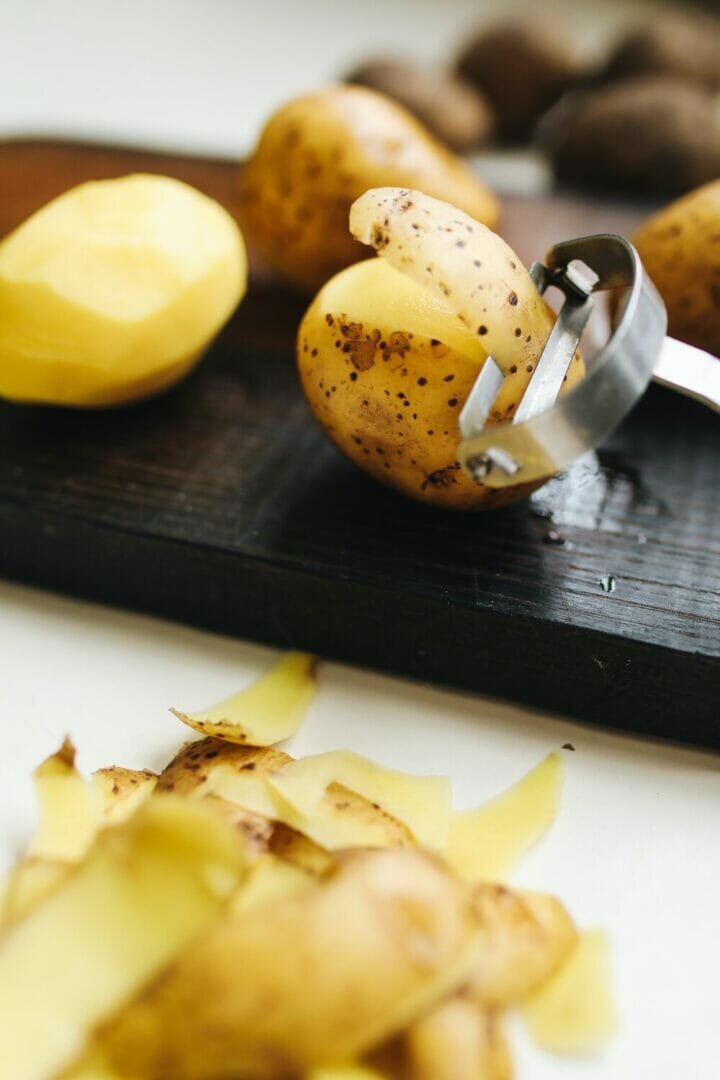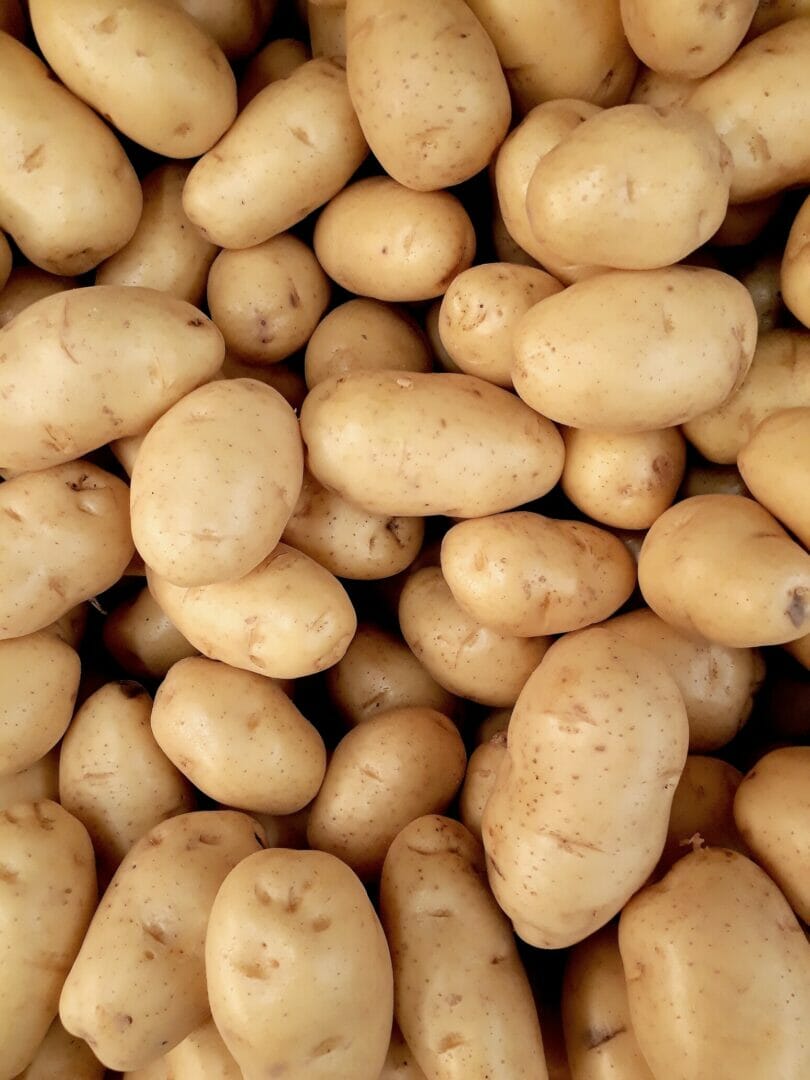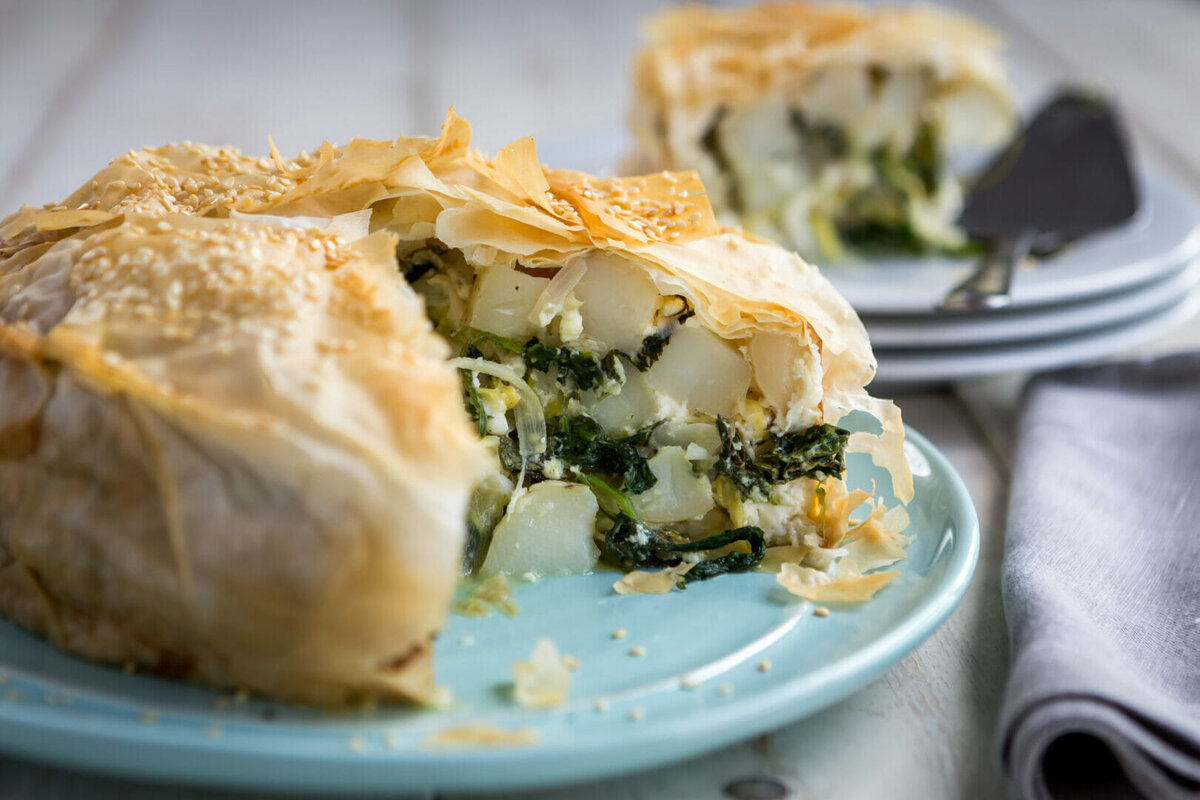THE UK’s largest potato supplier, Branston, has today announced that recent changes to Food Standard Agency (FSA) legislation could dramatically cut down one of the largest food waste victims in Britain’s households – potatoes.
Almost half a million tonnes of fresh vegetables and salad, and a quarter of a million tonnes of fresh fruit, worth a total of £2.1bn, are thrown away in UK homes each year because they are ‘not used in time’, with Brits wasting over 5.8 million potatoes each year.
Research from Waste & Resources Action Programme (WRAP) has found that potatoes stored in the fridge can last more than three times as long compared with storing at room-temperature, having the potential to save 100,000 tonnes of food waste per year. It has now changed its guidance in accordance with their Love Food Hate Waste campaign.

Previous legislation advised consumers against the storage of raw potatoes in the fridge at home, as this could lead to the formation of additional sugars which can then convert into acrylamide when potatoes are fried, roasted or baked.
The recent study – which has been reviewed by the Committee on the Toxicity of Chemicals in Food, Consumer Products and the Environment (COT) – has shown that home storage of potatoes doesn’t increase the acrylamide forming potential if stored in a fridge, making storing potatoes in the fridge therefore safe, whilst also extending their lasting period.
Lucia Washbrook, sales and marketing director at Branston said: “With the current climate emergency and the rising cost of living, we need consumers to make changes and follow guidance such as this in order to seriously tackle food waste in the home, which will also help save them money.”
With food waste a significant concern for consumers, suppliers and retailers alike, a number of new initiatives are coming to light. Many supermarkets are even trialling the removal of ‘use-by’ dates on some packaging, enabling the consumer to determine the longevity of certain foods.


Lucia added: “Storing potatoes in the fridge should obviously be encouraged, but there are many other ways you can make them last, such as storing them in fabric or paper bags rather than plastic and making sure they are kept in the dark. Those coming towards their end-of-life can be cooked up and frozen into portions ready to use straight from the freezer.
“As part of our ongoing commitment to upskill the both children and their families on reducing waste at home, we have developed a series of recipe cards which will be delivered at summer cookery workshops in conjunction with GoGro CIC a nationwide initiative which will teach communities in need to create affordable, energy efficient and nutritious recipes at home.
“It remains crucial for us to dedicate time to educating others, for us to help both our environment and our pockets as we look to build a better environment and lifestyle for our communities into the future.”
To download Branston’s helpful guide to saving and stretching your spuds and for more recipe inspiration and tips to reduce food waste visit Branston’s recipe website Seasonal Spuds on www.seasonalspuds.com.

